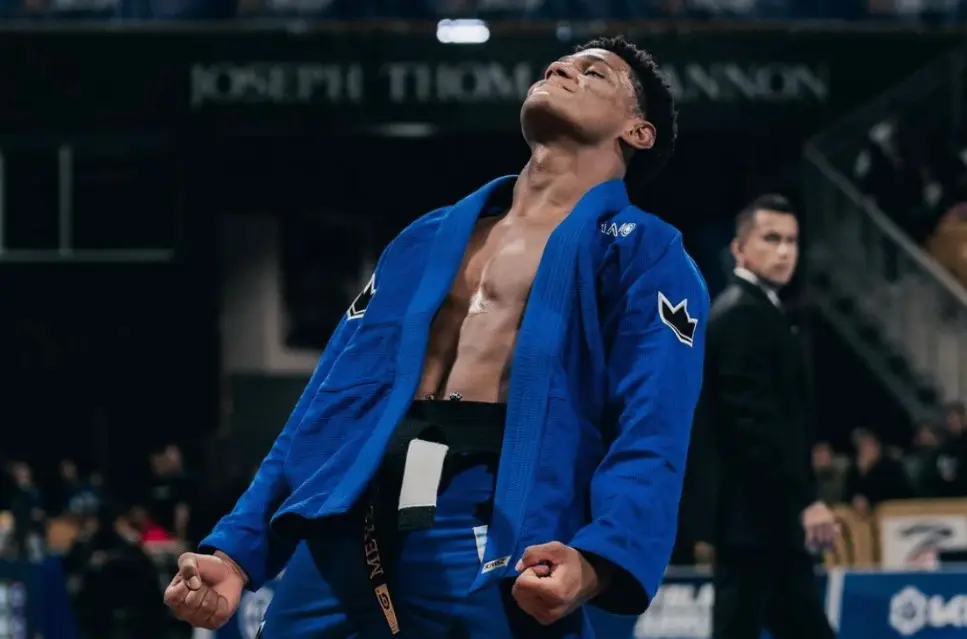Picture this: A packed arena, thousands of fans holding their breath, two athletes clad in vibrant, flashy rash guards representing their countries or gyms—bold blues, fierce reds, striking patterns that tell a story before the first move is made. Two competitors locked in a complex dance of leverage and technique. This isn’t just a fight—it’s Brazilian Jiu-Jitsu (BJJ), a martial art that has captured the hearts of millions worldwide. But the burning question remains: Is BJJ in the Olympics?
The Current Reality: BJJ’s Olympic Absence
As of 2024, BJJ is not an Olympic sport. The journey to Olympic recognition is complex, filled with challenges that test the very fabric of this incredible martial art. Let’s break down why BJJ hasn’t yet secured its Olympic spot:
1. Organizational Fragmentation
The BJJ world is a landscape of competing organizations, primarily dominated by:
- International Brazilian Jiu-Jitsu Federation (IBJJF)
- Numerous regional and international bodies
The International Olympic Committee (IOC) demands a unified governing body — a hurdle BJJ has yet to clear. Imagine trying to get several passionate, independent tribes to agree on a single leader. That’s the challenge BJJ faces.
2. Spectator Appeal Challenge
While BJJ practitioners know the intricate beauty of ground techniques, casual viewers might find the sport challenging to understand. Olympic sports need:
- Quick visual excitement
- Easy-to-follow action
- Clear scoring
BJJ’s ground-based submissions and complex positional battles don’t always translate into immediate crowd-pleasing moments.
The Potential Olympic Dream: Why BJJ Deserves a Spot
Despite current challenges, BJJ has massive potential for Olympic inclusion:
Global Growth and Recognition
- Rapidly expanding global community
- Increasing professional tournaments
- Growing international interest
Legitimization Benefits
- Potential for increased funding
- Higher professional standards
- Greater global recognition
Navigating the Olympic Path: What Needs to Change
To become an Olympic sport, BJJ must:
- Unify Governing Bodies
- Create a single, internationally recognized federation
- Develop consistent global standards
- Standardize Rules
- Create clear, spectator-friendly scoring
- Develop transparent competition formats
- Demonstrate Global Participation
- Prove widespread international engagement
- Show competitive depth across multiple countries
Expert Perspective: The Realistic Timeline
As a veteran in martial arts and Olympic sports analysis, I predict: BJJ’s Olympic journey is a marathon, not a sprint.
Potential Timeline:
- Next 5-10 years: Continued organizational development
- 10-15 years: Serious IOC consideration
- 15-20 years: Potential Olympic debut
What Can You Do?
Support BJJ’s Olympic dream by:
- Participating in competitions
- Supporting unified organizational efforts
- Spreading awareness about the sport
Conclusion: The Olympic Dream Continues
Is BJJ in the Olympics? Not yet. Will BJJ be in the Olympics? The potential is real and growing.
The path is challenging, but for those who understand the art of Brazilian Jiu-Jitsu, the journey is as fascinating as the destination.
Frequently Asked Questions
Q: What’s the biggest obstacle to BJJ’s Olympic inclusion? A: Lack of a unified international governing body and complex scoring systems.
Q: How close is BJJ to becoming an Olympic sport? A: While progress is being made, significant organizational challenges remain.
Q: Are there any current efforts towards Olympic recognition? A: Yes, various BJJ organizations are working to standardize rules and create a unified international federation.
Disclaimer: The Olympic landscape is dynamic. Always check the latest developments in BJJ’s international recognition.
Also Read-Ultimate Sports Betting Guide: Strategies for Success at 8KBET
